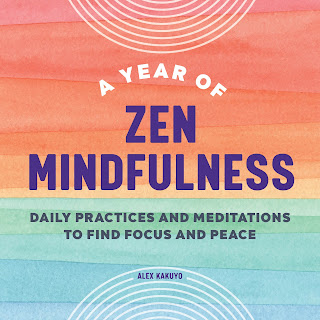As I write this, it feels like hundreds of ants are biting my arms and legs. I have a grass allergy, and prolonged exposure results in itching and small bumps appearing on my skin.
It's been this way my whole life.
When I was a child I loved playing outdoors with my friends. We spent countless afternoons wrestling in the grass and hiking through the forest.
This led to countless nights when I complained to my mother, "It feels like my skin is on fire!" She responded by covering me head-to-toe in pink, chamomile lotion to stop the itching.
My siblings would joke that I looked like an alien. We'd all have a good laugh. And then I'd go back outside the next day to roll around in the grass.
Now that I'm a man, I realize my childhood suffering was 100% avoidable. I could have played games that involved pavement instead of grass. I could have explored the local mall instead of the forest.
But as I think of all the fun I had traipsing through the mud with my friends, I realize that I wouldn't change a thing.
Similarly, as I sit at my desk trying unsuccessfully to not scratch my arms, I see that this suffering is optional.
I could move to the city where grass lives in small sidewalk cracks. I could exchange gardening for a new hobby that doesn't require me to kneel in the dirt. I could spend less time lying in the fields at night; looking at the stars.
But when I reflect on the happiness I feel when I live in the country, when I work in the garden, when I gaze at the stars, I realize that I wouldn't change a thing. And I wonder how different our lives would be if we weighed our suffering against the joy that it enables.
Would it be easier to wash dishes if we remembered the good food we ate?
Could we enjoy cleaning the toilet if we reflected on the filth it removes from our home?
Would sickness become more bearable if we appreciated the moments in which our bodies functioned well?
Why is it that we always ask, "How can I avoid discomfort?" But we never ask "What will I lose if I avoid discomfort?"
As I ponder these questions, I know I will end this night the same way I ended countless others as a child. I'll cover myself in chamomile lotion to stop the itching. My family will have a laugh at my expense.
And I'll go back outside in the morning to roll in the grass again.



ongoing cancer treatment
ReplyDeletea day and night of discomfort
managed a tall glass of cold water
amazing
grateful